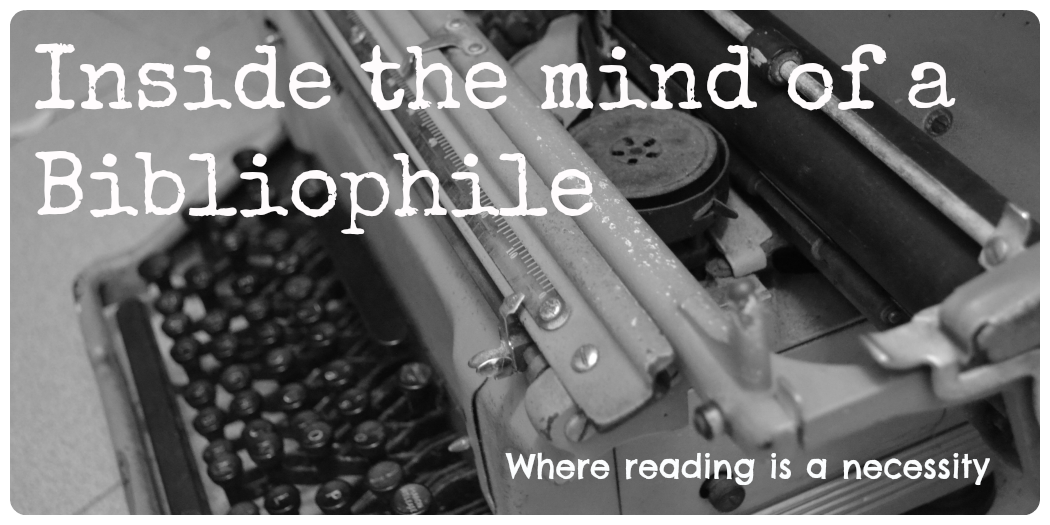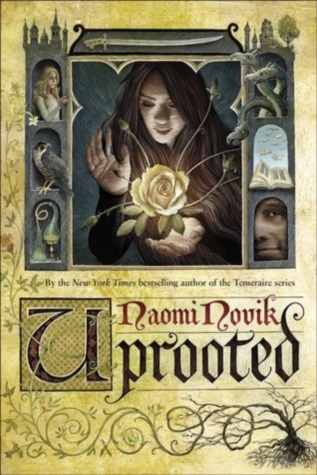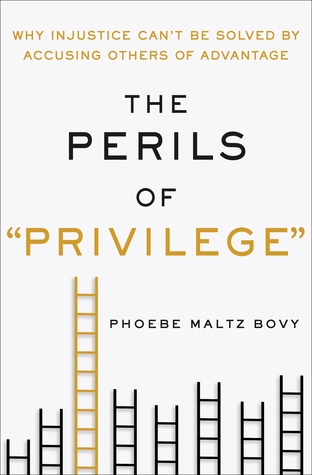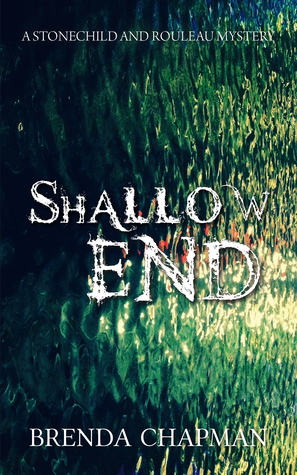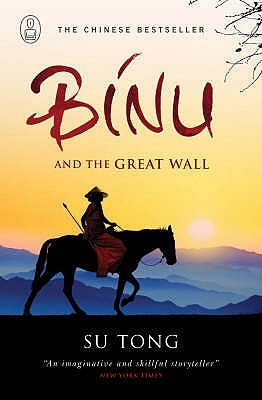 I'm not knowledgeable about wine, but I do prefer it to beer. So when I saw this book, I thought it was a good time to learn a little bit more about rosé, which I didn't even realise was a separate category (I thought it was a little bit like champagne rather than a third category).
I'm not knowledgeable about wine, but I do prefer it to beer. So when I saw this book, I thought it was a good time to learn a little bit more about rosé, which I didn't even realise was a separate category (I thought it was a little bit like champagne rather than a third category).Basically, rosé can be made many different ways. You can use red grapes, you can use white grapes and red grapes and you can basically mix them in a bunch of different ways. And that's everything that I got out of the technical aspect. I will probably have to reread that section.
After the first chapter, which talks about the history what makes rosé, rosé, the book goes into detail on the different regions that produce the wine, as well as the recommended wines from each region. There's a helpful price guide, so if you're budget conscious, you can just look for the single $ sign wines and ignore the rest. Unfortunately, there isn't a list of all the names of wines categorised by price, but there is a list of top 5 wines for each price range, which could be helpful. The book also has a list of websites that you can buy rosé from, though I don't know which countries it sells to.
If you're interested in drinking more rosé and/or learning about it, I think this book will be a helpful guide. Even if you don't want to learn about its history, you could use the rest of the book as a guide to picking out wines.
Disclaimer: I got a free copy of this book from the publisher via NetGalley in exchange for a free and honest review.
